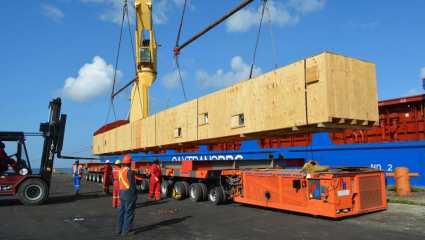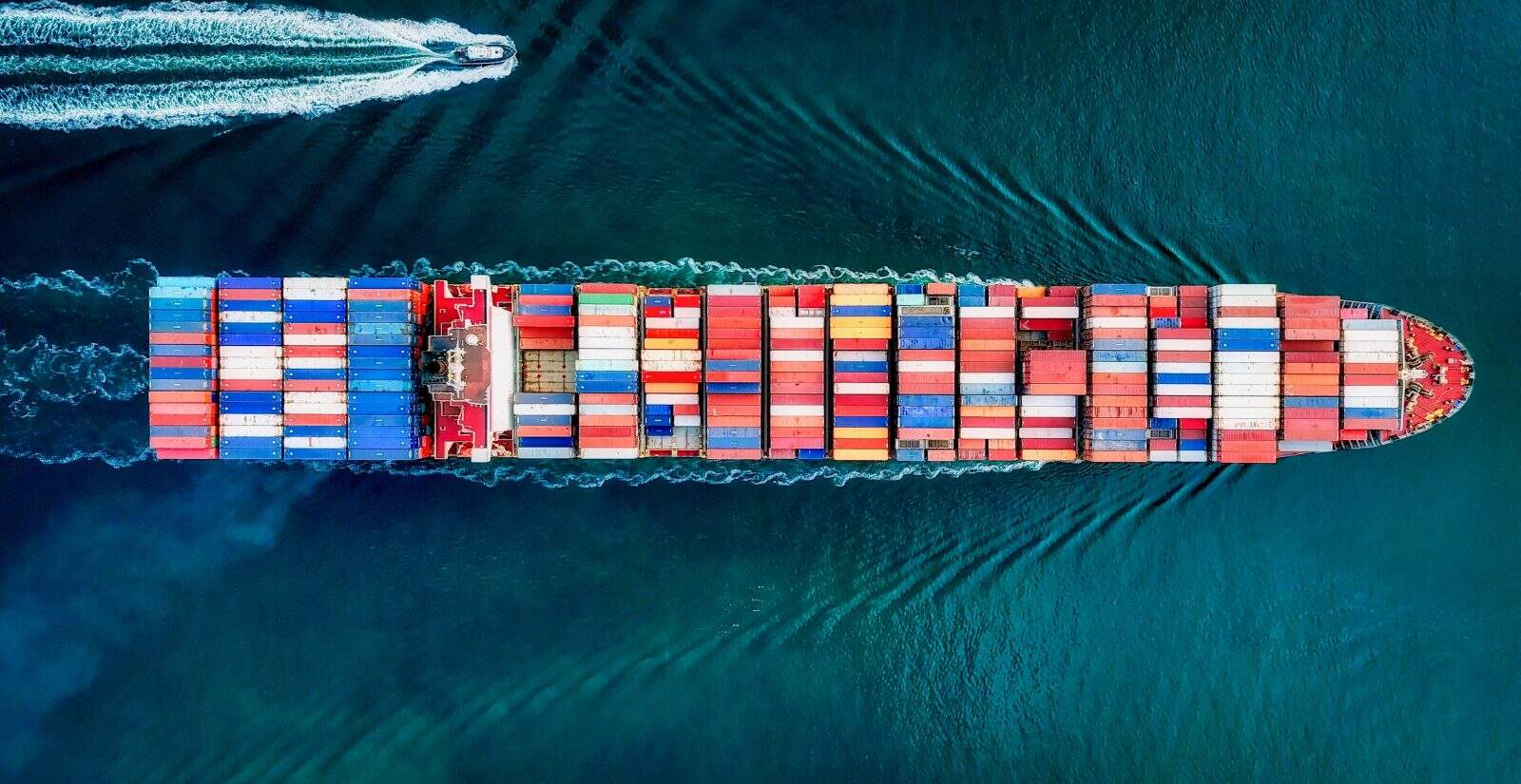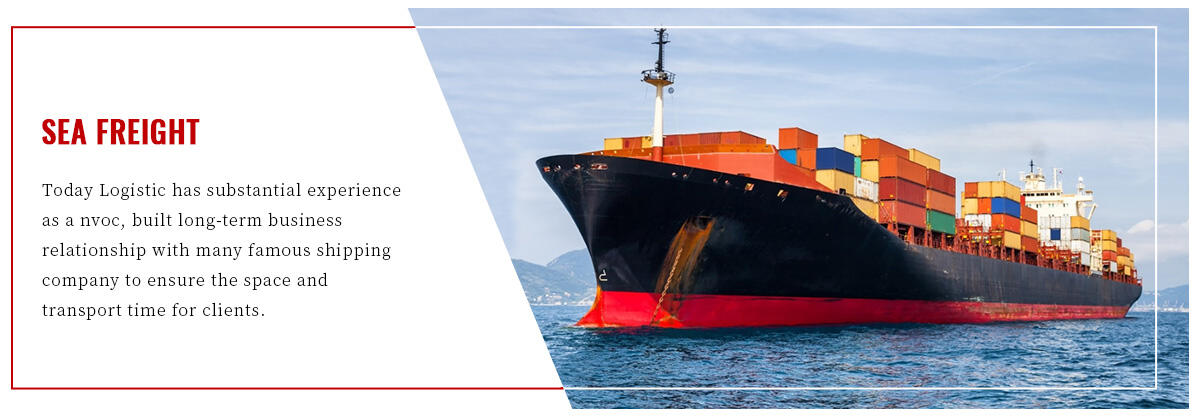sea freight shipping
Sea freight shipping stands as a cornerstone of global trade, facilitating the movement of vast quantities of goods across international waters. This transportation method employs sophisticated container vessels, bulk carriers, and specialized ships designed to handle diverse cargo types. Modern sea freight operations integrate advanced tracking systems, automated loading processes, and real-time monitoring capabilities to ensure efficient cargo management. Vessels are equipped with state-of-the-art navigation technology, weather monitoring systems, and environmentally conscious features to reduce emissions. The industry utilizes standardized shipping containers, enabling seamless intermodal transport transitions. These containers are carefully designed to withstand harsh maritime conditions while protecting cargo integrity. Sea freight shipping services extend beyond mere transportation, encompassing comprehensive logistics solutions including customs clearance, documentation handling, and warehouse management. The sector employs sophisticated port infrastructure with automated cranes, digital management systems, and specialized handling equipment to facilitate rapid loading and unloading operations. This mode of transport serves various industries, from automotive and manufacturing to retail and agriculture, offering flexible solutions for both bulk commodities and containerized cargo.


